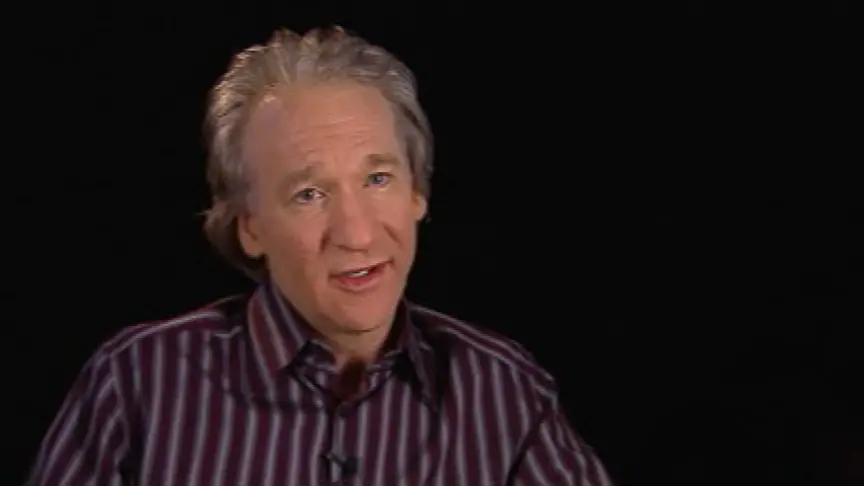Bill Maher, the host of “Real Time,” criticized President Biden’s reversal on border wall construction, describing it as a “disaster” for Democrats. Maher expressed concern that Biden’s change in policy made the Democrats appear hypocritical and could be seen as adopting Trump’s immigration policies.
Biden’s administration recently announced plans to waive 26 federal laws, including environmental regulations, to allow for new border wall construction in Texas, contrary to his campaign promise of not adding any more border wall. This decision has sparked controversy and led to accusations of hypocrisy.
Maher pointed out that Trump had called for an apology from Biden, claiming that it appeared Biden was adopting his immigration policies. He also noted that some Democratic leaders, such as New York Mayor Eric Adams and Governor Kathy Hochul, had expressed concerns about the impact of the migrant crisis on their cities, which contradicted the party’s previous stance on immigration.
ABC News contributor Sarah Isgur argued that the situation was even worse because Democrats might accuse Texas of being “racist” for raising concerns about the migrant crisis. She emphasized that there were an estimated 2 million border crossings in 2022, with New York City receiving only a fraction of that number.
Matt Welch, editor-at-large for Reason Magazine, criticized Mayor Adams for claiming that New York City was “full.” He pointed out that the city had lost half a million residents in four years and suggested that the problem lay in the city’s governance and inability to absorb migrants effectively.
Maher lamented that the current political discourse offered no middle ground between extreme positions on immigration, such as “bomb Mexico” or “come one, come all.” He also criticized Trump’s rhetoric, describing his recent comments about migrants “poisoning the blood of our country” as “Hitler-y.”
The discussion highlighted the complexity and divisiveness of the immigration issue in American politics, with different perspectives within both major political parties.


